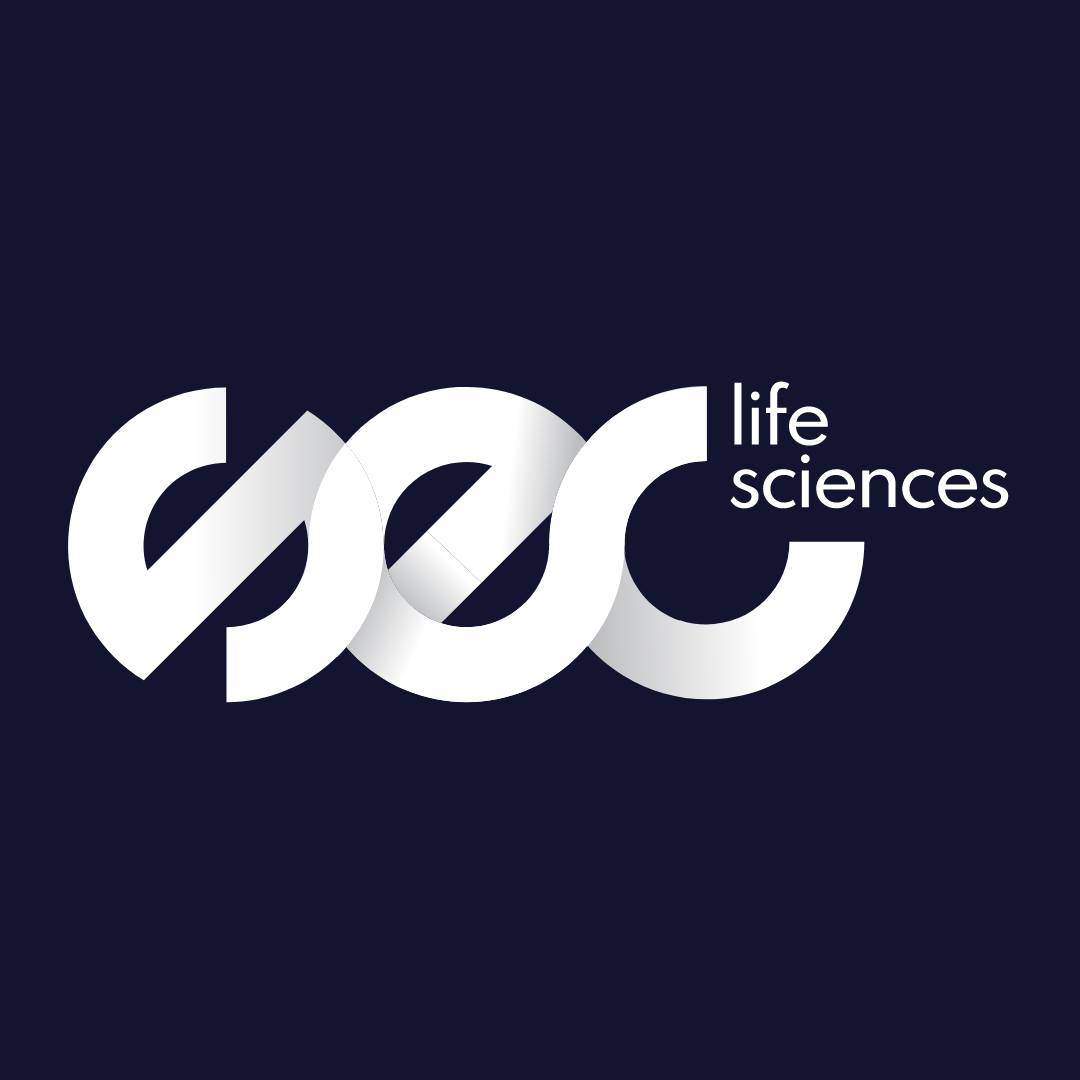Latest News
Why your next life science sales hire should come from a scientific discipline
14 Feb, 20236 MinutesYou’re at the commercial phase of your product development lifecycle, and aiming to build a...

You’re at the commercial phase of your product development lifecycle, and aiming to build a team capable of delivering your to-market strategy. Salespeople are a crucial part of the conversation here; instrumental in the success of your commercial plan and bridging the gap between your product and your target buyers. Alongside marketers, they’re the ones responsible for promoting, demonstrating, and selling your product to potential customers, and their performance has a direct impact on your revenue and company growth – so their success is critical.
A skilled salesperson needs to effectively communicate the value proposition of a product and build strong relationships with potential buyers in the healthcare or life sciences industry. It’s that communication that helps to drive buyers to invest in a product, and it’s what establishes a company and a product as a leader in the industry. But in order to effectively communicate, sales must have a deep understanding of the product they are selling, as well as the needs and concerns of their target customers; both the patient population, and those administering the product to them. Hence a key reason you could look to hire from a more scientific talent pool – sector knowledge and product understanding.
Hiring salespeople with a background in non-commercial life sciences, such as those from a clinical, medical or scientific role, can bring a huge amount of valuable knowledge and expertise to a sales team. These are the candidates that’ll typically join with a deep understanding of the science behind the products they are selling, which can be a valuable asset in building credibility with potential customers, and save time during onboarding and product familiarisation.
The transferable skills between science and life science sales
When it comes to hiring salespeople for life science products, it's crucial to understand the specific skills required for this role compared to a commercial role in another industry. Life science salespeople need to need to be able to grasp the complexities and nuances of the products they are selling - not only their features, benefits, and unique selling points, but also medical applications, regulatory requirements, and impact on patient populations. Typically, salespeople joining a life science sales role from a non-scientific background face a steep learning curve when it comes to digesting and effectively communicating this type of scientific detail.
Looking towards the clinical, medical, and wider scientific life science market to find potential candidates can help in building a commercial function with a diverse and unique set of skills and knowledge. With a deep understanding of the science behind your product and its use, salespeople that have transitioned from an academic role are able to effectively communicate to physicians, HCPs and other prospects in a language they’re likely to understand. With first-hand experience in researching, testing and evaluating healthcare products, they have the ability to discuss complex scientific concepts and translate them into language that resonates with their target audience, and they’re able to get to grips with the needs and challenges faced by a patient population – potentially a lot quicker than someone from a non-scientific background could.
Salespeople in the life sciences industry must be able to build and maintain relationships with customers, often working with them over a long period of time. They have to understand the needs and requirements of the patient population a product is helping, and tailor their approaches according to who they’re selling to. It can drastically reduce the time it takes for a salesperson to build trust and credibility when it’s clear they understand the discipline and the product, which can lead to more successful commercial efforts and more effective customer aftercare.
From an cultural perspective, building your commercial function with a mixture of those from a scientific discipline and those from a more traditional commercial background can bring a passion and enthusiasm to your sales team that’s inspiring and motivating. It creates a working environment where colleagues can share knowledge and hear different perspectives and approaches to business development, sales and marketing.
The learning curve in transitioning from an academic to a commercial role
Despite the benefits, transitioning from a non-commercial life science role to a sales role can be challenging for a candidate. It requires a shift in mindset and skill set, and while understanding of the product and potential customer base might be there, they could have a limited understanding of sales techniques and the important commercial aspects of the life science industry. This can impact their ability to effectively communicate the value of a product to potential customers, and to ultimately close deals.
While the knowledge of healthcare systems, regulations, and medical applications that someone with a scientific background brings can be an advantage when selling a product, some of the more complex ideas may need to be simplified if your ideal buyer isn’t someone with a technical background. Comprehending complex scientific concepts that relate to your product is an asset for any salesperson to have, but it takes skill to be able to communicate the value beyond the science, and to adjust a communication style to appeal to a non-technical target customer.
So, it's important for individuals transitioning from another life science discipline into a sales or business development role to receive proper training and support to overcome these challenges and succeed in a commercial role. Your training program should be designed to build the candidate’s knowledge of the commercial aspects of the life science industry and their specific market. Training on industry trends, competitors, sales and marketing regulations, as well as training on the specific sales techniques and strategies used by your team is a good place to start. Regular coaching and mentoring is beneficial in any role, and offering this can help a candidate to develop their commercial skills and gain confidence in their ability to sell. A peer-to-peer mentorship programme can be mutually beneficial in helping more scientifically-versed team members pass on their expertise to those with a more commercial background.
Striking the balance between industry knowledge and commercial acumen
So, we know that hiring salespeople from other sectors within the life sciences industry can bring new perspectives to product commercialisation and allows you a team that’s able tap into a deep understanding of a product and its’ effects, which might take longer for someone from a commercial background to be able to.
But to ensure success, it's crucial for employers to understand the specific skills required for life science salespeople and that might need developing further in a candidate coming from a background in clinical operations, medical affairs, or a hands-on scientific role.
The hiring process ought to be comprehensive and geared towards uncovering untapped commercial acuity. When it comes to onboarding and training, programs should focus on developing the relationship building, networking, building interpersonal skills, and applying their knowledge in a way that positions your product and company most effectively.



